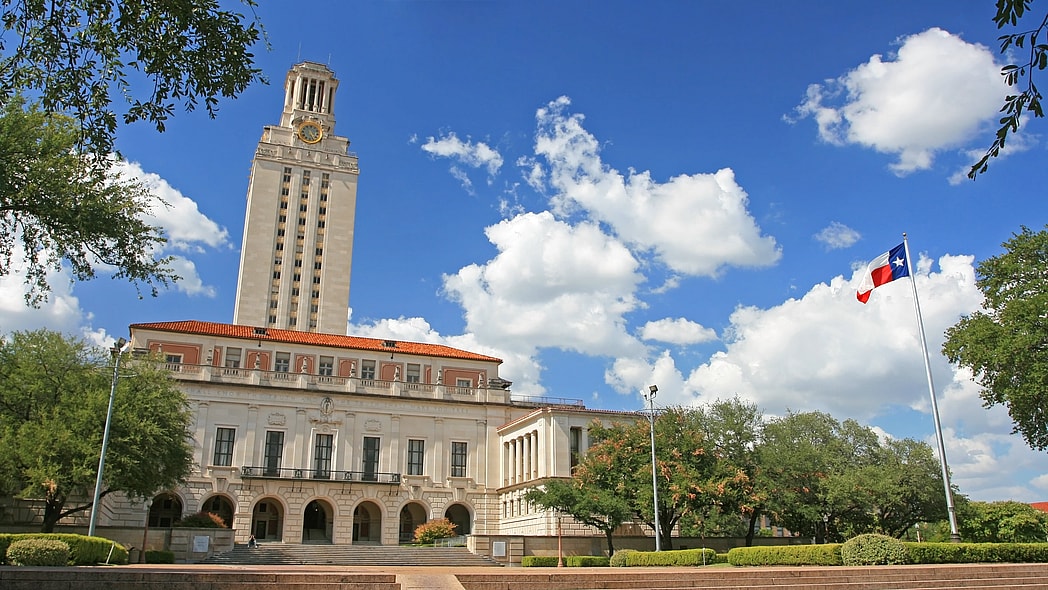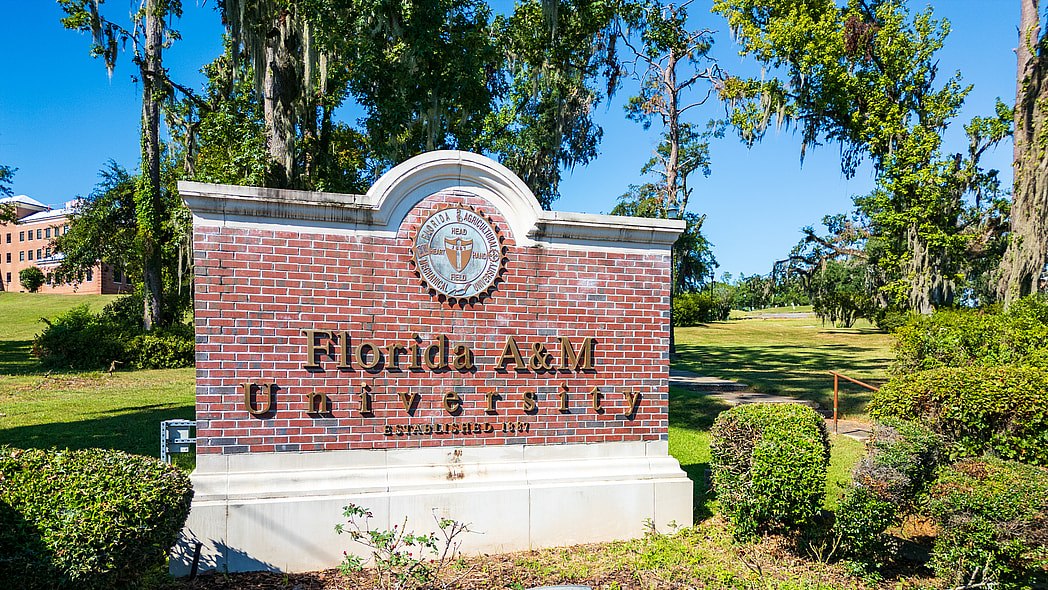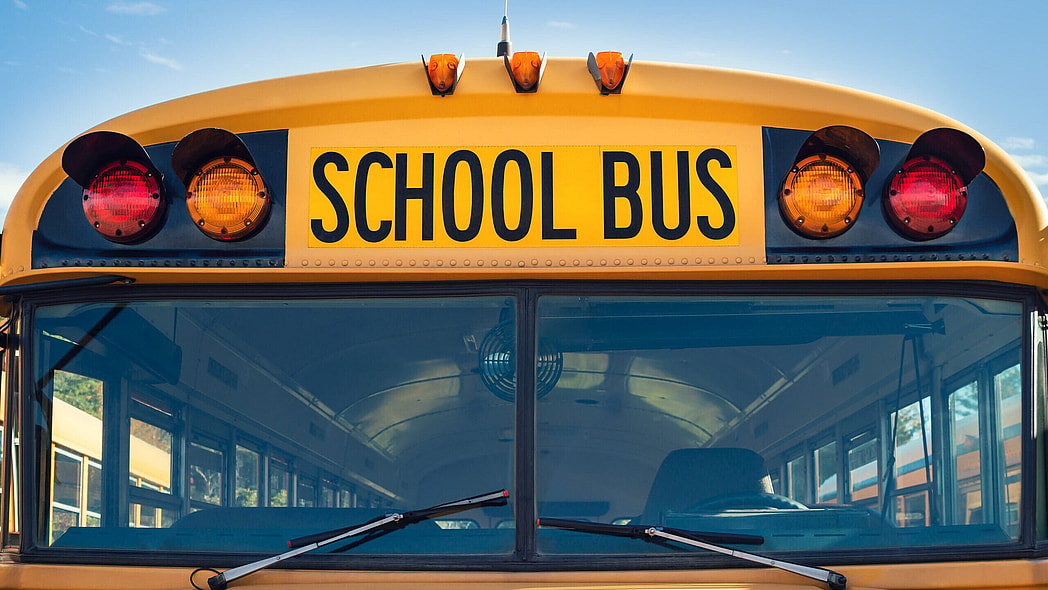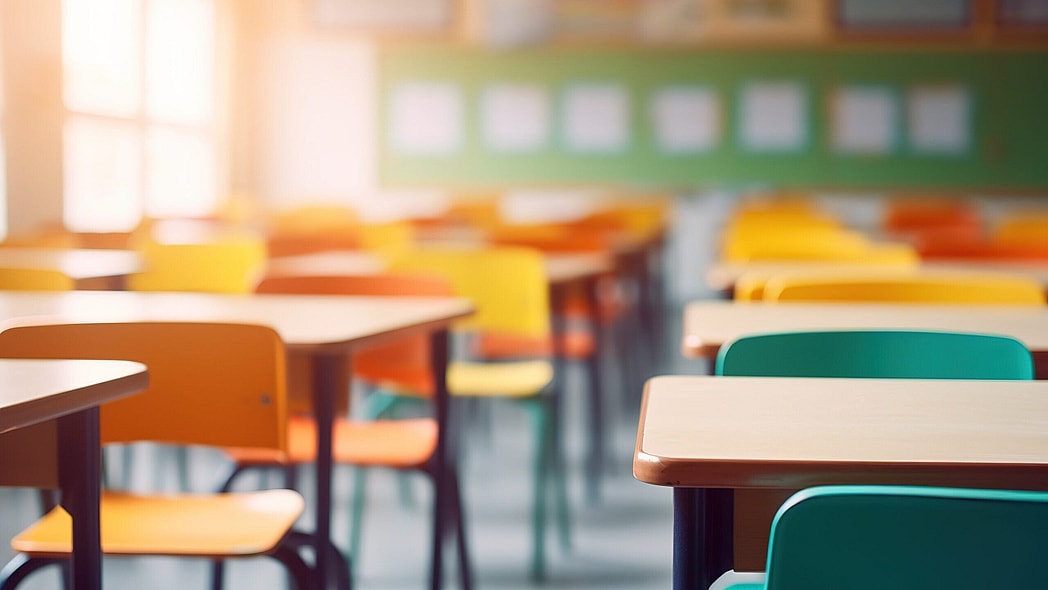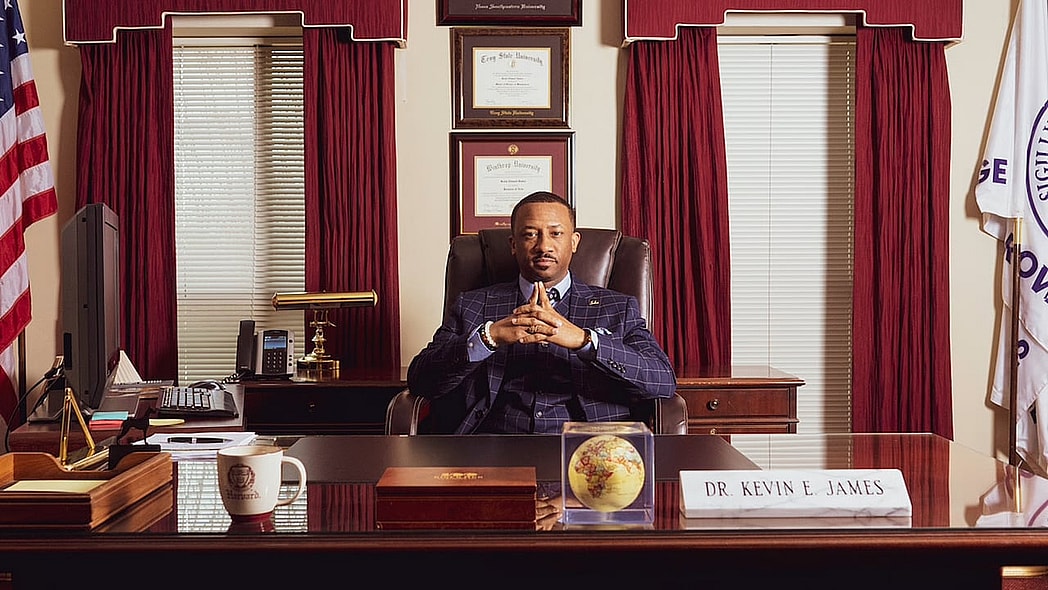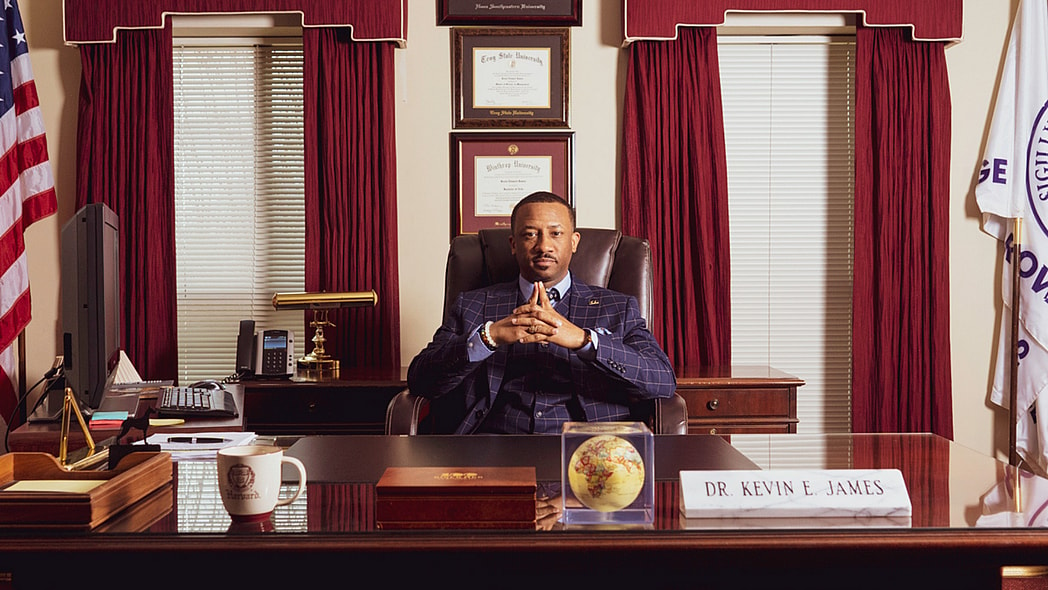Jay-Z’s Roc Nation, which has partnered with the city of Philadelphia to host its annual Made in America Festival, will now work with the City of Brotherly Love for a new education initiative. Last week, the entertainment company announced it will spearhead the city’s upcoming campaign designed to help K-12 students from low-income households attend local private schools.
“We have enjoyed such a special connection with Philadelphians, so we’ve made it our mission to invest in the long-term success of the city’s changemakers,” Roc Nation’s Managing Director of Philanthropy Dania Diaz said in a statement, per People magazine. “Impact starts with the students and with awareness. We want to empower the youth and families with the knowledge to pursue their scholastic dreams, make their voices heard and become the leaders of tomorrow.”
The new campaign falls under the Pennsylvania Award for Student Success (PASS) program, also known as Lifeline scholarships, which will offer financial assistance to students depending on their qualifications—half-day kindergarten students will receive $2,500, K-8 students will receive $5,000, 9-12 students will receive $10,000, and students with special needs will receive $15,000. To help spread awareness of the initiative, Roc Nation will host a series of “dine and learn” events across Philadelphia throughout the month of June to share more information about the PASS program.
Though many are praising Roc Nation’s $300 million commitment to the initiative, critics have highlighted their issues with the program.
Recommended Stories
“Just to be clear for those not in Pennsylvania,” Phil Gentry, an organizer with West Philly Coalition for Neighborhood Schools, noted on X. “The legislation Jay-Z is supporting here is a Republican-led effort to gut public education, spearheaded by future Trump Cabinet member Jeffrey Yass.”
Similarly, journalist Nikole Hannah-Jones shared her thoughts on the billionaire’s involvement in the program on X : “I really wish rich, out-of-touch folks who nothing about education would just stop. 1) Read the fine print. THIS IS A GOVT VOUCHER PROGRAM. Voucher programs have not been shown to improve results for poor Black children because most cannot get into high-quality private schools. 2) Read the fine print. All of the money is coming from taxpayers, ie. the government. Roc Nation is not funding this, it is just launching an educational campaign that maybe it is being paid to do. I’m researching. But certainly, it’s involvement is to convince poor Black parents to leave the public schools. 3) What do you think that $300 million could do for improving those low-performing public schools? 4) It is a lie that these programs do not take from public-school funding. Fewer kids in the classroom means fewer dollars to the school. 5) This is a windfall to the city’s private schools at the expense of the public ones that most kids attend.”
According to the National Education Association, student voucher programs like PASS “take scarce funding from public schools—which serve 90% of students—and give it to private schools—institutions that are not accountable to taxpayers.” As more states introduce voucher programs into their legislation, debates about their impact on students have increased over the years.
As previously reported by theGrio, school voucher programs have expanded educational opportunities for Black students across the country, giving Black parents a choice on the type of education their child receives. However, pro-public education advocates have criticized the programs for taking away funding from public schools and limiting students’ access to modern textbooks, music and art, after-school programs, and more.
However, according to the official Pennsylvania Award for Student Success website, the PASS program will not take away money from public schools as it is “fulfilled by government funds from a separate line item and will not reduce the overall budget to public education programming.”



